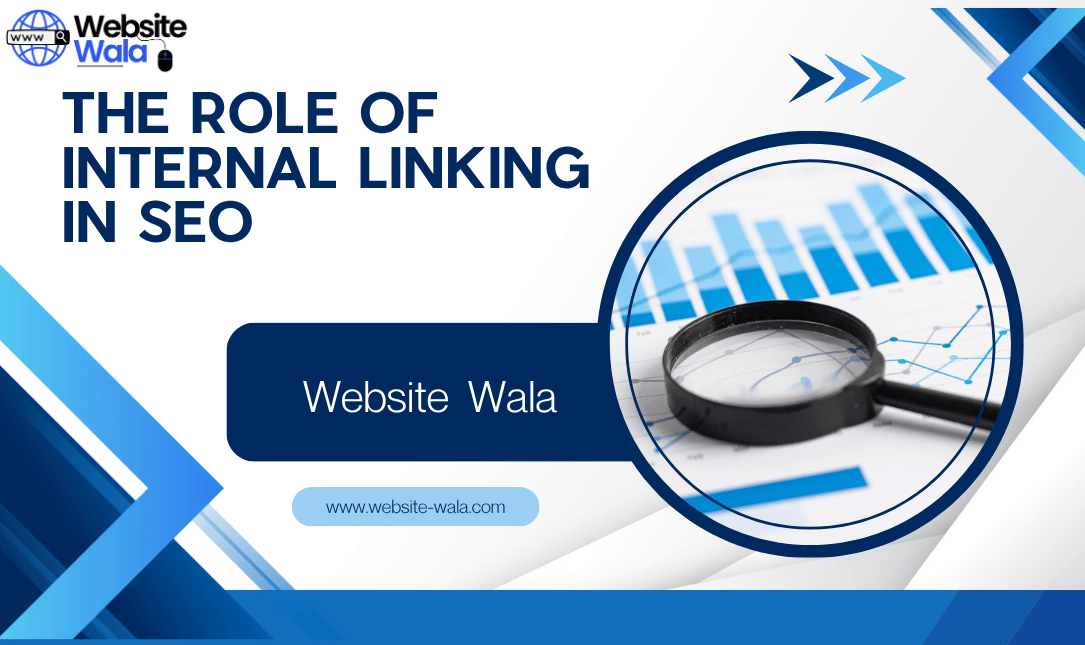
Discover how The Impact of Web Hosting on Website Load Speed and User Experience influences website performance, user satisfaction, and faster loading times.
Introduction
When it comes to website performance, few factors are as crucial as web hosting. Many website owners underestimate The Impact of Web Hosting on Website Load Speed and User Experience, but the truth is that your choice of hosting provider can make or break your website’s effectiveness. From influencing page load times to shaping the overall user experience, web hosting plays a pivotal role in determining how your website visitors interact with your content. In this article, we’ll explore why web hosting matters and how it affects website optimization, faster loading times, and user satisfaction.
Understanding Web Hosting and Its Role
Web hosting is the service that allows your website to be accessible on the internet. Different web hosting services provide varying levels of performance, security, and scalability. While many website owners focus solely on design and content, ignoring The Impact of Web Hosting on Website Load Speed and User Experience can lead to slower websites, higher bounce rates, and frustrated visitors.
Hosting providers offer multiple options, including shared hosting, VPS, dedicated servers, and cloud hosting. Each of these solutions directly influences website load speed, affecting how quickly your website responds to user requests.
How Web Hosting Affects Website Load Speed
Website load speed is the time it takes for a web page to display its content fully. Slow-loading websites are detrimental to user experience, as visitors expect pages to load within seconds. One of the most significant factors in achieving faster loading times is the quality of your web hosting service.
Shared hosting, for example, can slow down your website if resources are shared among multiple sites. On the other hand, VPS or dedicated servers offer better speed and stability, reducing delays and improving website performance. By choosing the right hosting provider, you can ensure that website visitors experience seamless navigation, which directly contributes to higher engagement and retention.
The Impact of Web Hosting on User Experience
User experience (UX) encompasses how easily visitors can navigate your website, how fast it loads, and how satisfying the interaction is overall. The Impact of Web Hosting on Website Load Speed and User Experience is evident when slow websites frustrate users, leading to higher bounce rates and reduced conversions.
A reliable web hosting service can significantly enhance website optimization, ensuring that pages load quickly, images display properly, and interactive elements function smoothly. When website visitors encounter faster loading times, they are more likely to stay longer, engage with content, and return to the site in the future. Ultimately, this improves brand reputation and user satisfaction.
Key Factors of Web Hosting That Influence Performance
Several aspects of web hosting can impact The Impact of Web Hosting on Website Load Speed and User Experience:
-
Server Location – Hosting your website on a server geographically close to your target audience reduces latency and boosts page load speed.
-
Bandwidth and Storage – Sufficient bandwidth and storage ensure your website handles traffic spikes without slowing down.
-
Server Type – VPS and dedicated servers typically offer better website performance than shared hosting.
-
Caching and Content Delivery Networks (CDNs) – Integrating caching and CDNs with your hosting improves faster loading times and enhances website optimization.
-
Uptime and Reliability – Frequent downtime can frustrate website visitors and negatively impact your user experience.
By carefully considering these factors, website owners can optimize The Impact of Web Hosting on Website Load Speed and User Experience to maintain high-performing websites.
Choosing the Right Hosting Provider
Selecting the right hosting providers is critical to achieving optimal website performance. High-quality hosting providers offer robust infrastructure, reliable support, and advanced features that enhance website optimization. Before committing to a web hosting service, evaluate factors such as uptime guarantees, server speed, security measures, and scalability.
Additionally, a reputable hosting provider can help improve user satisfaction by ensuring that your website consistently delivers faster loading times and a smooth user experience. Investing in a reliable host ultimately pays off in higher engagement, better search engine rankings, and increased revenue from satisfied visitors.
The Relationship Between Website Load Speed and SEO
Google and other search engines prioritize websites with quick website load speed. Slow websites can negatively impact search rankings, reducing organic traffic and limiting your reach. By addressing The Impact of Web Hosting on Website Load Speed and User Experience, you also enhance SEO performance, driving more website visitors and improving visibility.
Moreover, search engines consider user experience signals such as bounce rate, dwell time, and mobile responsiveness. Fast-loading websites with minimal downtime are more likely to rank higher, making web hosting a fundamental aspect of digital marketing strategies.
Tips to Improve Website Load Speed Through Hosting
Improving website performance through hosting doesn’t have to be complex. Here are actionable steps to optimize The Impact of Web Hosting on Website Load Speed and User Experience:
-
Upgrade Hosting Plan: Move from shared hosting to VPS or dedicated hosting for better speed.
-
Use a CDN: Distribute content globally to reduce load times for distant users.
-
Enable Caching: Leverage server-side caching to speed up page delivery.
-
Optimize Images: Reduce file sizes without compromising quality to improve loading times.
-
Monitor Performance: Regularly test your site’s speed and identify hosting-related bottlenecks.
Implementing these strategies ensures faster loading times, optimized user experience, and happier website visitors.
Conclusion
In conclusion, The Impact of Web Hosting on Website Load Speed and User Experience cannot be overstated. Your choice of web hosting service directly influences website load speed, overall website performance, and the satisfaction of your website visitors. By carefully selecting hosting providers and implementing best practices in website optimization, you can achieve faster loading times, improved engagement, and a seamless user experience.
Investing in quality web hosting is an investment in the long-term success of your website. Prioritizing The Impact of Web Hosting on Website Load Speed and User Experience ensures that your website not only attracts visitors but also keeps them engaged, satisfied, and coming back for more.























